Most of us treat our dogs as though they are part of the family so it is not surprising that we spend lots of money on food and supplies for them. We know that dogs need toys, vaccinations, food, and ongoing love and care, and we know that they are well worth it. So we will happily purchase the best dog food made for our little friend.
The funny thing is that although most of us have become increasingly health conscious over years, resulting in our reading labels before purchasing food, we give little thought to the ingredients of our pets' foods. Sadly, even the so called 'quality' commercial dog foods usually contain extremely low grade, hardly edible, animal by-products.
The term animal by-product basically refers to any part of an animal that is deemed not suitable for human consumption. What may surprise you even more is the condition of the animals that are used, but more about that later.
There are not any special farms designated for growing chickens, cows, lambs, pigs, or any other animal just for dog food. Pet food companies use whatever they can get, which includes the leftovers from meat processing plants. As you can imagine, that is some pretty disgusting stuff, including blood, lungs, ligaments, bones, beaks, feet, heads, well, you get the idea.
Unfortunately it gets even worse. So-called "4D" animals (dead, dying, diseased, disabled) were only recently banned for human consumption and are still legitimate ingredients for pet food.
The dog food labels do not clearly describe what your pet is getting so you cannot be sure of the quality of the food. If the label lists by-products as a primary ingredient you can be sure that the food is made chiefly of the type of leftovers mentioned in this article. However, if the label lists poultry or lamb as a primary ingredient then it is probably made with a higher quantity of quality meat.
In days gone by our pets were fed scraps from the table and we never gave a second thought to the nutritional value of their diet. The thought was that what was good enough for us was good enough for our dogs. Contrary to what modern ads would have you believe, that is basically still true today.
As long as you eat a healthy diet sharing it with your pet is fine. Why not take the guess work out of it. Talk with your veterinarian about your dog's diet and the fact that you want him/her to stay away from by-products. He can likely recommend a high quality food or suggest table scraps and a daily supplement. I personally feed my dogs a mixture of rice, peanut butter, vegetables, beef and beef gravy, plus a small amount of vegetarian dog food. They are in excellent health and love their food.

 The Planted Tank - How To Grow Plants Underwater
The Planted Tank - How To Grow Plants Underwater
 Thirteen Interesting Facts About Your Dog’s Paws
Thirteen Interesting Facts About Your Dog’s Paws
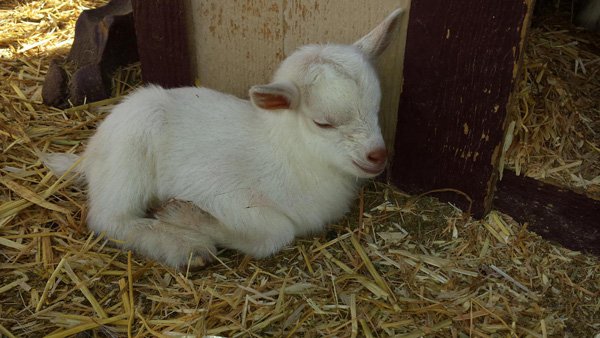 Different Ways To Find A Shih Tzu Puppy For Sale
Different Ways To Find A Shih Tzu Puppy For Sale
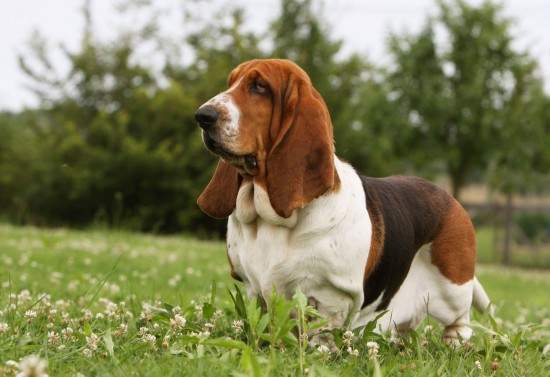 Lymphoma In Dogs
Lymphoma In Dogs
 Does Your Dog Beg For Snacks ? It Could Be Why Theyre Piling On The Pounds
Does Your Dog Beg For Snacks ? It Could Be Why Theyre Piling On The Pounds
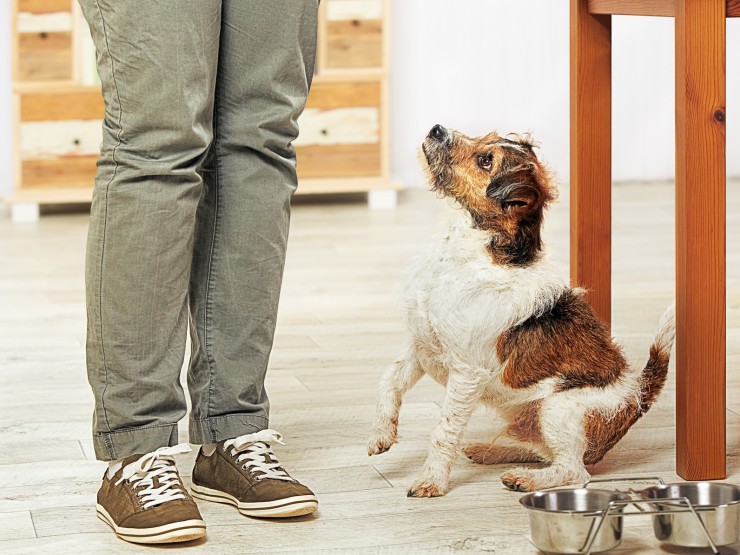 Kitchen Scraps You Can Safely Give To Your Dog As Special Treats
Kitchen Scraps You Can Safely Give To Your Dog As Special Treats
 Japanese Shiba Inu Hereditary Health And Average Longevity
Japanese Shiba In
Japanese Shiba Inu Hereditary Health And Average Longevity
Japanese Shiba In
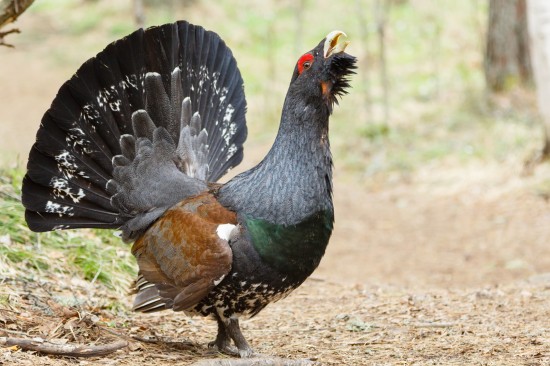 Britain’s Most Endangered Birds
Britain’s Most En
Britain’s Most Endangered Birds
Britain’s Most En
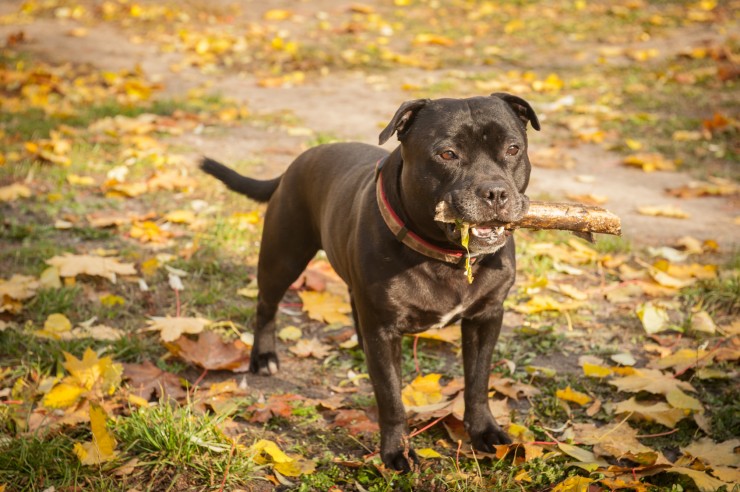 Staffordshire Bull Terriers And Eye Disorders
Staffordshire Bul
Staffordshire Bull Terriers And Eye Disorders
Staffordshire Bul
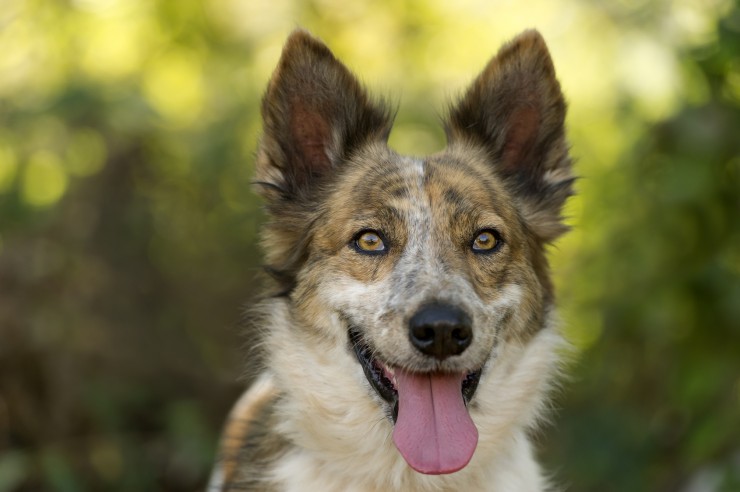 Mrsa Infection In Dogs
Mrsa Infection In
Mrsa Infection In Dogs
Mrsa Infection In
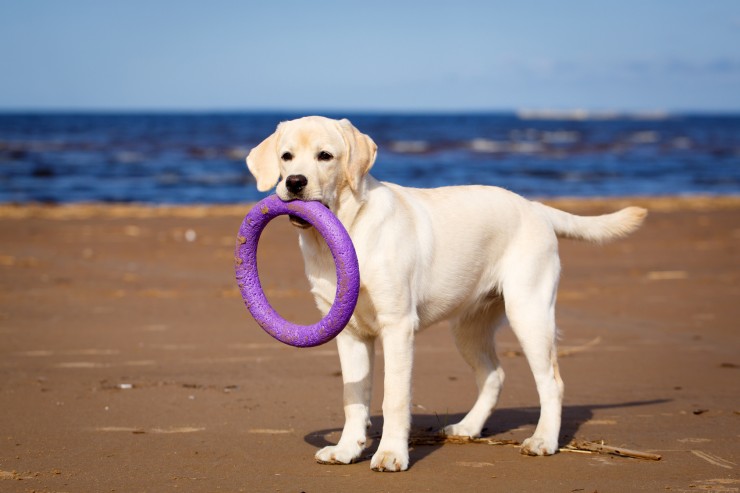 Four Hidden Dangers In Outdoor Water Sources That Can Harm Your Dog
Four Hidden Dange
Four Hidden Dangers In Outdoor Water Sources That Can Harm Your Dog
Four Hidden Dange